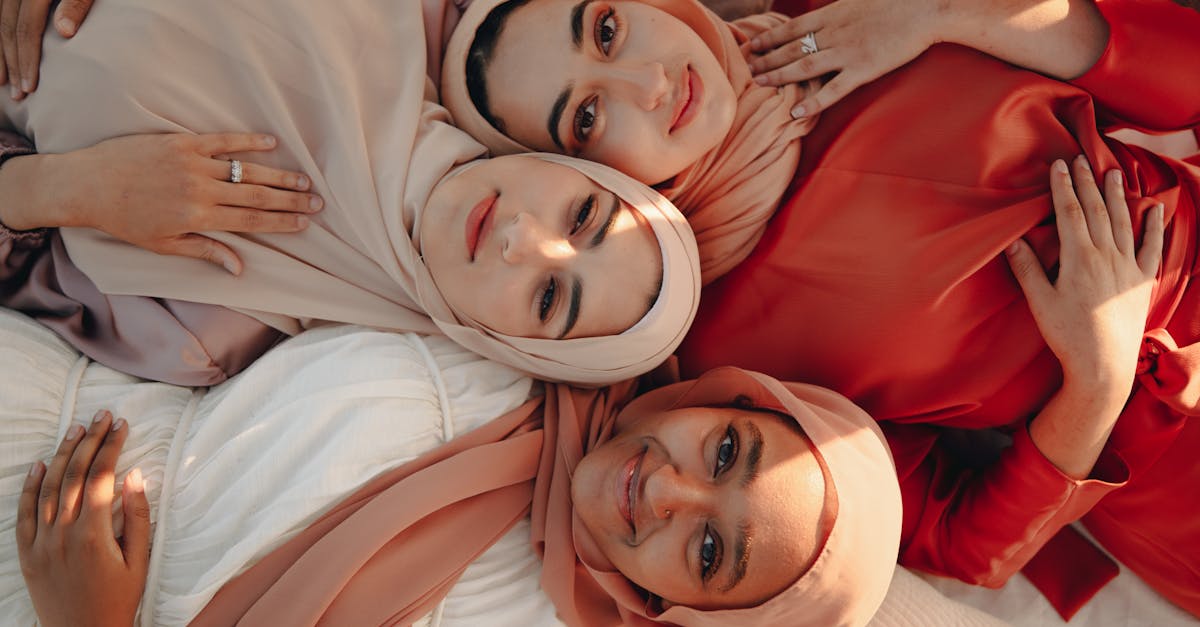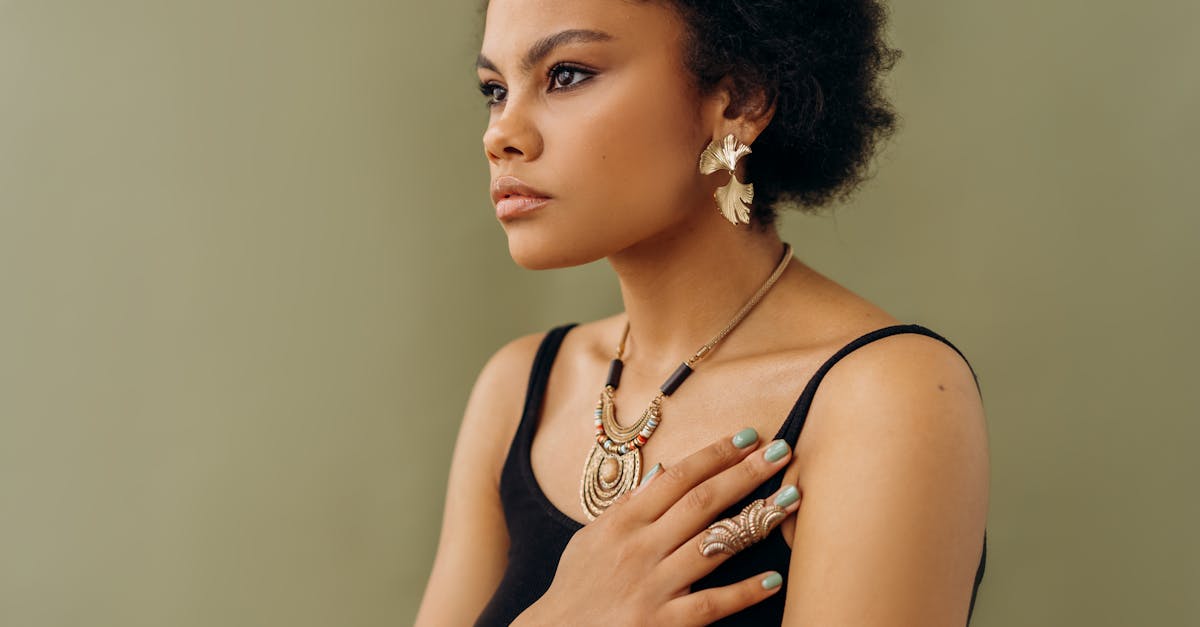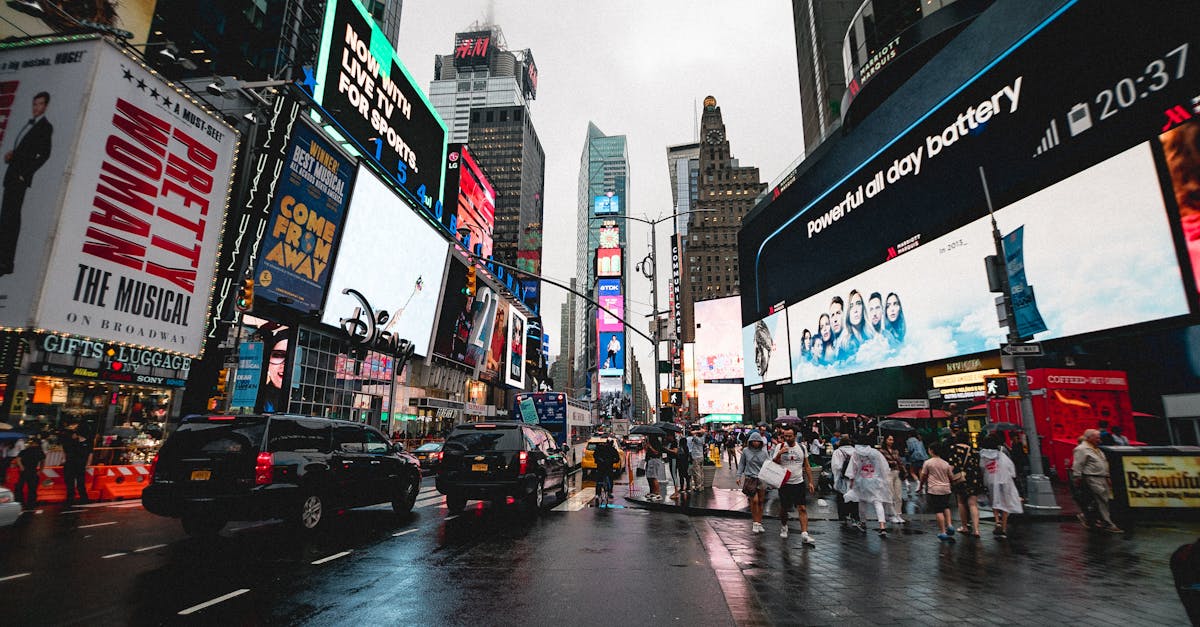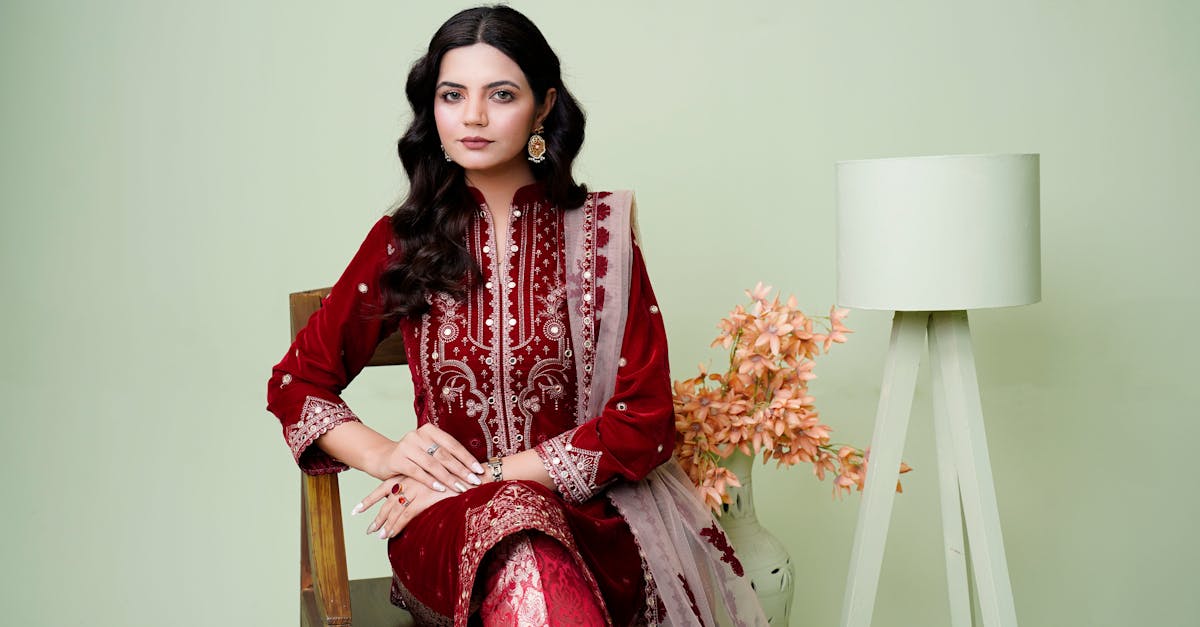Mindful Fashion Odyssey Embrace Evolution In Style
Introduction
In recent years, fashion has undergone a significant transformation, marked by a mindful approach towards sustainability and ethics. The new era of fashion is not just about aesthetics; it’s about a deeper consciousness and responsibility. This evolution in style embraces both heritage and innovation, crafting designs that narrate stories of sustainability. The burgeoning interest in eco-friendly materials and ethical production reflect a societal shift towards more responsible consumption. With designers and brands leading the charge, mindful fashion is shaping up to be more than just a trend—it's a movement. As we embark on this mindful fashion odyssey, we explore how style evolves through sustainability, innovation, and ethics.
Advertisement
Sustainable Fabrics Revolution
The linchpin of mindful fashion lies in sustainable fabric choices that minimize environmental impacts. Organic cotton, Tencel, and recycled polyester have emerged as eco-friendly alternatives to conventional textiles. These sustainable fabrics utilize fewer resources and produce less waste, embodying a commitment to environmental preservation. Sustainable materials not only address the pressing need for conservation but also offer quality and longevity. By using fibers that are biodegradable or recyclable, designers are reducing the lifecycle footprint of clothing. This shift in fabric choice marks a profound step in reinventing fashion’s role in environmental well-being.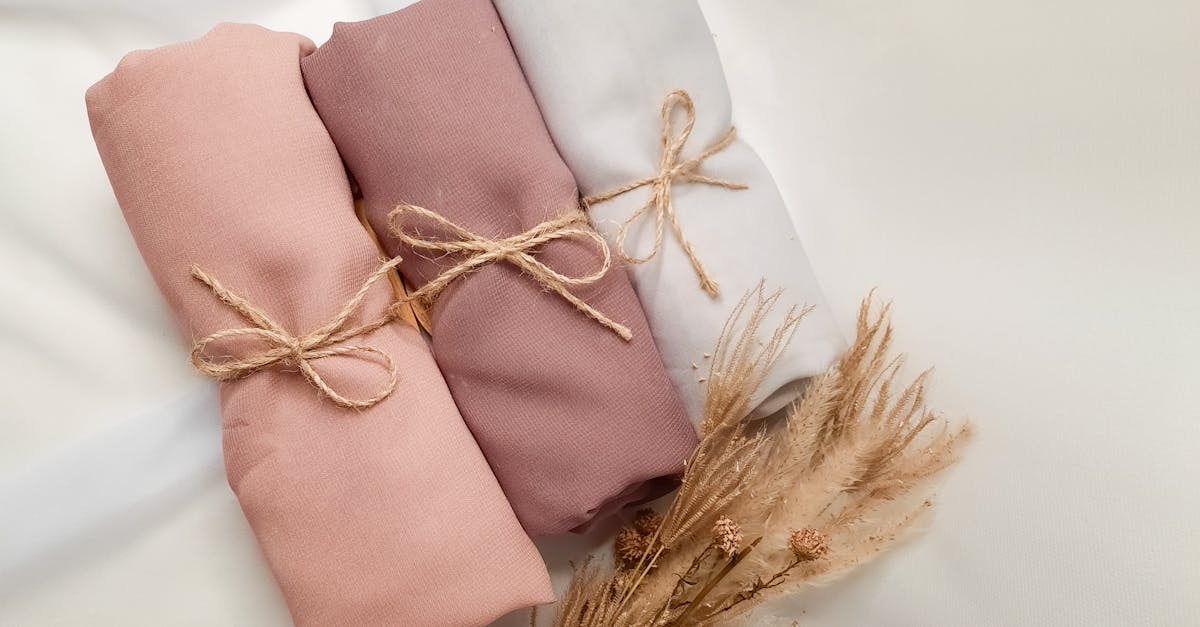
Advertisement
Ethics in Fashion Production
Mindful fashion is synonymous with ethical practices that prioritize fair labor conditions, transparency, and accountability. The fashion industry has often been criticized for exploitative labor practices, but there's a growing push for change. Brands are now investing in fair trade certifications and advocating for labor rights, ensuring that workers are treated with dignity. Transparency in supply chains is becoming the norm, providing consumers insights into production processes. By embracing ethical production, the fashion industry is not only safeguarding workers' rights but setting new standards for global manufacturing. This paradigm shift promotes a culture of fairness and respect.
Advertisement
The Rise of Circular Fashion
Circular fashion is redefining how we perceive style, extending the life of garments and encouraging reuse and recycling. This innovative approach minimizes waste by creating systems where clothing is continuously looped back into production cycles. Pre-loved and vintage clothing marketplaces have seen a revival, allowing consumers to discover unique pieces while reducing their environmental impact. Rental and subscription fashion models are also gaining popularity, offering an experiential take on fashion consumption. Circular fashion empowers consumers to rethink their purchasing habits, fostering a culture of mindful consumption and longevity over disposability.
Advertisement
Technological Marvels in Design
Technology is weaving its magic into fashion, enabling designers to create garments that are both stylish and sustainable. 3D printing and digital pattern making minimize material waste, while AI-driven designs ensure efficiency in production. Innovations like fabric recycling technologies transform old textiles into new creations, reducing the need for raw materials. Smart textiles are another frontier, integrating electronics to enhance functionality and comfort. Through technology, fashion is not only preserving resources but pushing creative boundaries, curating styles that marry tradition with innovation.
Advertisement
Cultural Narratives Through Fashion
Fashion is embracing its potential as a medium to tell compelling stories, celebrating diversity and cultural heritage. By integrating traditional motifs and techniques, designers are curating collections that pay homage to global cultures. This narrative-driven approach adds depth to fashion, transforming garments into vessels of cultural expression. Collaborations with artisans worldwide highlight local craftsmanship while supporting marginalized communities. As the fashion world embraces cultural diversity, it enriches the global fashion landscape with styles that are both diverse and inclusive, resonating with a broad spectrum of audiences.
Advertisement
Championing Gender-Neutral Styles
Gender-neutral fashion is breaking conventional norms, celebrating inclusivity and individuality. This trend is characterized by designs that transcend gender binaries, promoting self-expression and fluidity. Unisex collections dissolve the traditional distinctions between men's and women's wear, offering a liberating approach to style. By embracing gender-neutrality, the fashion industry acknowledges and reflects the evolving societal understanding of gender identity. This change heralds a future where everyone can dress as they wish and finds authenticity in how they present themselves.
Advertisement
Consumer Empowerment and Impact
The mindful fashion movement empowers consumers to make informed choices, driving demand for sustainable and ethical products. Educated consumers are now key players in advocating for responsible practices, offering brands a powerful incentive to align with sustainable values. With social media amplifying voices, consumers hold the leverage to influence brand directions and policies. Their demand for transparency and accountability is reshaping how companies operate, driving the industry towards more conscious models. As consumers continue to wield their influence, the future of fashion looks set to be as ethical as it is stylish.
Advertisement
Barriers and Opportunities in Mindful Fashion
Despite its growth, mindful fashion faces challenges such as higher costs and limited scalability. Sustainable materials can be more expensive, and ethical production often requires significant investment. However, as awareness and demand increase, opportunity knocks in the form of strategic collaborations, technological innovations, and government incentives. These initiatives can help bridge the gap, bringing mindful fashion into the mainstream. With more stakeholders across the ecosystem committed to overcoming these barriers, the mindful fashion movement has the potential to revolutionize the industry at large.
Advertisement
Conclusion
In conclusion, the mindful fashion odyssey signifies not just a change in clothing but a shift in our cultural and ethical values. As the industry continues to evolve, sustainability, ethics, and innovation remain integral to the narrative. By embracing mindful fashion, we affirm our commitment to a more thoughtful and responsible way of living. This movement promises an exciting future where style isn’t just about aesthetics but also encompasses the values we hold dear. As we move forward, the fashion industry's transformation serves as an inspiration for other sectors to adopt a mindful approach.
Advertisement

